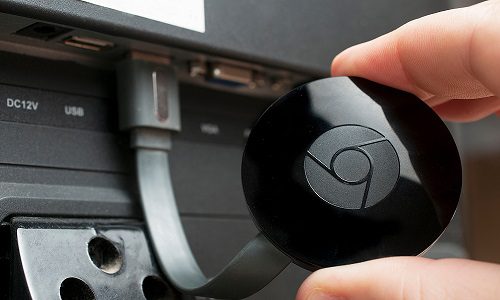Google has found itself on the losing end of the verdict concluding the tech giant’s most recent lawsuit, with a Western District of Texas jury ordering Google to pay $338,760,000 in damages due to multiple patent infringements from its Chromecast devices.
According to media reports and court filings from the lawsuit, the jury found that Chromecast and other devices infringe patents held by Touchstream Technologies, which offers similar technologies that enable wireless casting of content from a mobile device to a second display screen.
Specifically, the jury found that Google’s Chromecast infringes upon three patents held by Touchstream Technologies: U.S> Patent Nos. 8,904,289, 8,356,251, and 8,782,528.
The infringement being alleged by Touchstream came after the two companies beginning in December 2011 briefly discussed a potential partnership that included the technology in question. During that meeting, Touchstream informed Google that its patents were pending.
However, just two months later in February 2012, Google told Touchstream that it no longer wanted to pursue any business partnership that involves the casting technology, according to Touchstream’s complaint.
Google then launched its Chromecast product in July 2013, per the court filing.
According to Reuters, Google plans to appeal the verdict, with a spokesman saying the company always develops technology independently and on the merits of its own ideas. Touchstream attorneys, meanwhile, are pleased with the verdict.
Reuters reports that Touchstream has also filed similar infringement complaints against cable providers Comcast, Charter, and Altice in Texas. Those cases are still pending.
This court action comes after a federal jury in California ruled in favor of speaker manufacturer Sonos, ordering Google to pay $32.5 million for using patented smart speaker technologies without Sonos’ content.
That legal battle began in 2020 when Sonos sued Google for illegally using elements of Sonos products into Google’s own products after engaging in a partnership with Sonos.
The accusation has since led to a broader legal war between Google and Sonos with lawsuits being filed across multiple countries and complaints being filed with the US International Trade Commission to block imports of specific products.
Google has also since sued Sonos for patent infringement of Google’s own smart speaker and voice control technology patents.







